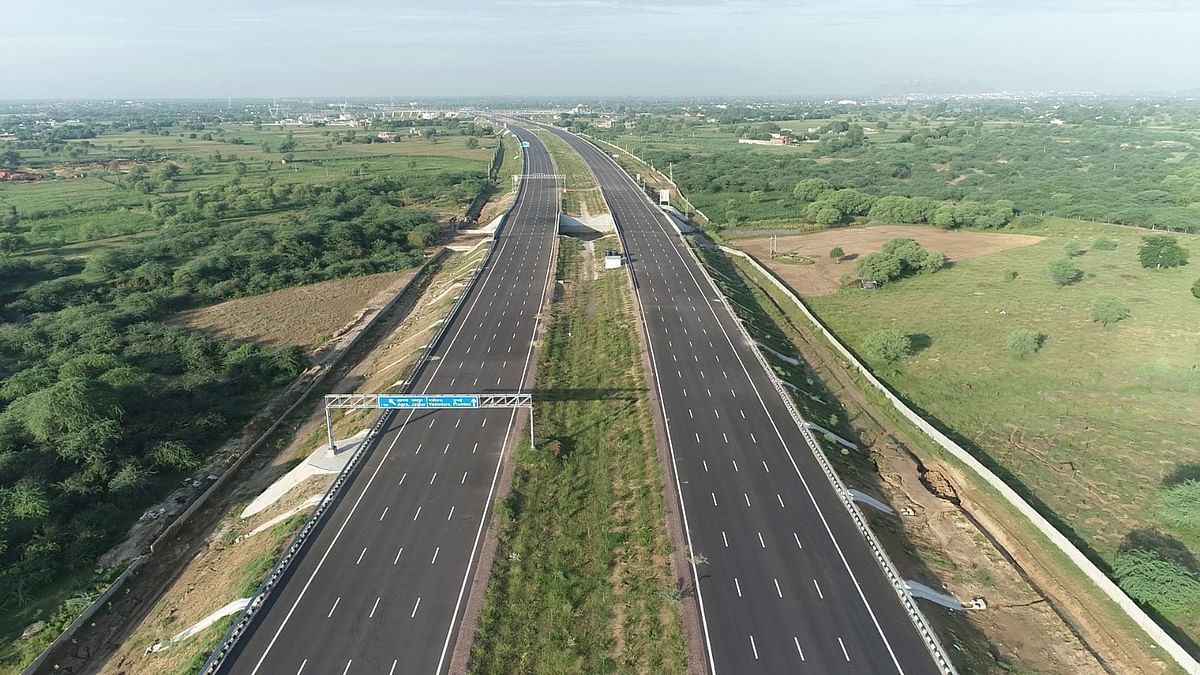Exclusive-Intel weighs boost to investment in Vietnam chip packaging plant -sources By Reuters
[ad_1]

© Reuters. FILE PHOTO: The Intel Corp logo is seen on a display in a store in Manhattan, New York City, U.S., November 24, 2021. REUTERS/Andrew Kelly/File Photo
By Francesco Guarascio and Khanh Vu
HANOI (Reuters) -Intel Corp is considering a significant increase in its existing $1.5-billion investment in Vietnam to expand its chip testing and packaging plant in the Southeast Asian nation, two sources familiar with the matter told Reuters.
The possible move, which one source said could be worth about $1 billion, would signal a growing role for Vietnam in the global supply chain for semiconductors, as companies push to cut reliance on China and Taiwan because of political risks and trade tension with the United States.
One of the sources said the investment was likely to be made “over the future years” and could be even bigger than $1 billion, while the second person said Intel (NASDAQ:) was also weighing alternative investment in Singapore and Malaysia, which may be preferred to Vietnam.
Both sources sought anonymity as the plan was not yet public.
Asked about the possible investment plan, Intel told Reuters, “Vietnam is an important part of our global manufacturing network, but we have not announced any new investments.”
Officials of Vietnam’s investment and planning ministry and the provincial government of Ho Chi Minh City, where Intel has an existing plant, were not immediately available for a comment.
A statement on the Vietnam government’s official portal was amended on Wednesday to remove a reference to an effort by Ho Chi Minh City to attract $3.3 billion in additional investment from Intel.
The chip packaging and testing factory in Vietnam’s southern commercial hub is Intel’s biggest worldwide. The company is estimated to have invested about $1.5 billion in it so far.
The U.S. chip giant already has extra land where its plant is based and an expansion in Vietnam would help it better manage supply disruptions stemming from relying heavily on a single country or a plant, one of the sources told Reuters, citing internal talks.
One of the sources said Intel was pondering the Vietnam investment while making sure a further expansion abroad would not be seen as a hostile move by Washington, which is pushing to boost production of chips at home.
AGGRESSIVE PUSH
Vietnam is aggressively pushing to expand its chipmaking industry, courting foreign companies in all the three main segments of assembling, testing and packaging; manufacturing with fabs; and designing, officials said.
A U.S. industry executive told Reuters the country had big potential to grow quickly in the area of chip assembling and designing, whereas he saw developing chip-manufacturing fabs as a remote possibility, with the exception of cheaper-to-build fabs for less sophisticated, bigger chips that are still in high demand, such as those that go into cars.
The executive said Vietnam’s biggest opportunity was in the chip assembling sector to satisfy industry demand to reduce “over-concentration” of production capacity in China and Taiwan, which together account for 60% of global capacity in that segment.
Designing chips requires less capital and more highly skilled workers, and Vietnam was making inroads there too, the executive said, with U.S giant Synopsys (NASDAQ:) having operations there and with local firms expanding fast, including FPT and state-owned Viettel.
Chips and electronics giant Samsung (KS:) opened a research facility in Hanoi late last year and has a semiconductors packaging plant in the country.
Following a global shortage of semiconductors in the wake of the COVID-19 pandemic, Intel announced a plan in late 2021 to invest more than $7 billion to build a new chip packaging and testing factory in Malaysia.
That facility is expected to begin production in 2024. Intel also has testing and packaging facilities in China and the United States.
[ad_2]
Source link


